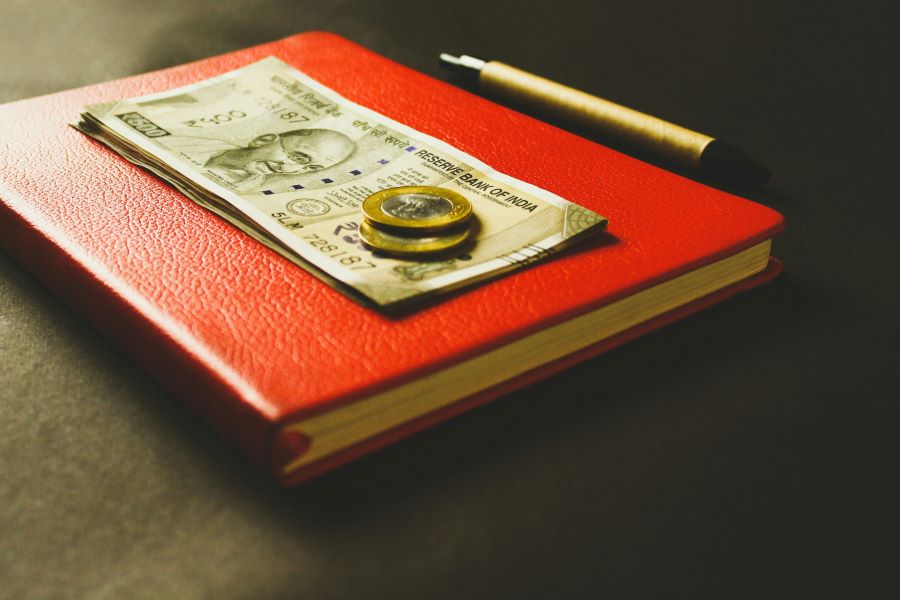Applying for a personal loan can be a significant financial decision that many individuals make for various reasons, such as for a home, funding education, or managing unexpected expenses. But, what is important is that all these loans must eventually be repaid.
Now, repayment of any loan means that there are extra interest rates and some other fees involved. If you manage to close a loan successfully, then it can bring you tremendous benefits, especially for your daily expenses, and boost your credit score at the same time.
Let’s take a look at how to close your loan and what are the benefits of closing your loan on time.
Steps to Close your Loan
Here are all the steps you need to follow to close your loan:
Review your loan agreement with the lender
Begin by thoroughly reviewing your loan agreement. This document contains critical information about the loan terms, including the interest rate, repayment schedule, prepayment penalties, and closing procedures. Understanding these details is crucial for a smooth loan closure process.
Check the outstanding balance on your loan
Contact your lender to obtain the exact outstanding balance, including any accrued interest and applicable fees. This step ensures that you are aware of the total amount required to close the loan.
Plan your finances
Ensure that you have sufficient funds to pay off the outstanding balance. Consider the impact of using these funds on your overall financial health, and make sure to maintain enough liquidity for other financial needs and emergencies.
Request for a pre-closure quote or foreclosure quote
Request a pre-closure quote or foreclosure quote from your lender. This quote will provide the precise amount needed to close the loan and is typically valid for a specific period. It will include any prepayment penalties or additional charges that may apply.
Read more: What are fixed vs. floating rates in personal loans?
Pay off the loan
Once you have the pre-closure quote and the necessary funds, make the payment to your lender. This can often be done through an electronic transfer (NEFT, RTGS, etc.), cheque, or directly at the lender’s office. Ensure that you receive a receipt for the payment as proof of transaction.
Get the NOC from your lender
After making the final payment, request a No Objection Certificate from your lender. This document confirms that you have repaid the loan in full and that there are no outstanding dues. It’s an essential document for your records and may be required for future financial transactions.
Make sure your credit report is updated
Check your credit report to ensure that the loan closure is accurately reflected. The lender should report the loan closure to credit bureaus, which will positively impact your credit score. If the loan closure is not updated, contact the lender and the credit bureau to rectify the issue.
Retrieve your original documents
For secured loans, such as a home loan or car loan, ensure that you retrieve the original documents pledged as collateral. These might include property deeds, vehicle titles, or other important papers. The lender should return these documents once the loan is closed.
Keep all the records
Maintain a file of all documents related to the loan closure, including the No-Due Certificate, payment receipts, and correspondence with the lender. These records can be useful for future reference or in case of any disputes.
Read more: Should you get a top-up loan or a fresh loan?
What are the benefits of closing your loan?
Here are some of the biggest benefits of closing your loan:
Financial freedom
One of the most significant benefits of closing a loan is achieving financial freedom. Without the burden of monthly EMI payments, you have greater flexibility in managing your finances and allocating funds towards other financial goals, such as savings, investments, or discretionary spending.
Also Read: Personal Loan EMI Calculator
Saves interest
Paying off a loan early or making part-prepayments can result in substantial interest savings. The longer you carry a loan, the more interest you pay over time. By closing the loan ahead of schedule, you reduce the total interest paid, which can lead to significant financial savings.
Boosts your credit score
Closing a loan positively impacts your credit score. A closed loan account with a positive repayment history demonstrates financial responsibility and can boost your creditworthiness. This improved credit score can make it easier to obtain loans in the future at more favourable terms.
Reduces the financial risk
Carrying debt always involves a certain level of financial risk. Economic downturns, job loss, or other unexpected events can make it challenging to meet your loan obligations. By closing your loan, you eliminate this risk and ensure that you are not vulnerable to these uncertainties.
Closing a loan is a significant milestone in your financial journey. It provides both long-term and short-term benefits, whilst also reducing the mental stress of repaying a loan. At the end of the day, closing any loan is a great move and helps you take better care of your finances.


 Get App
Get App  Airtel Store
Airtel Store  Login
Login 


